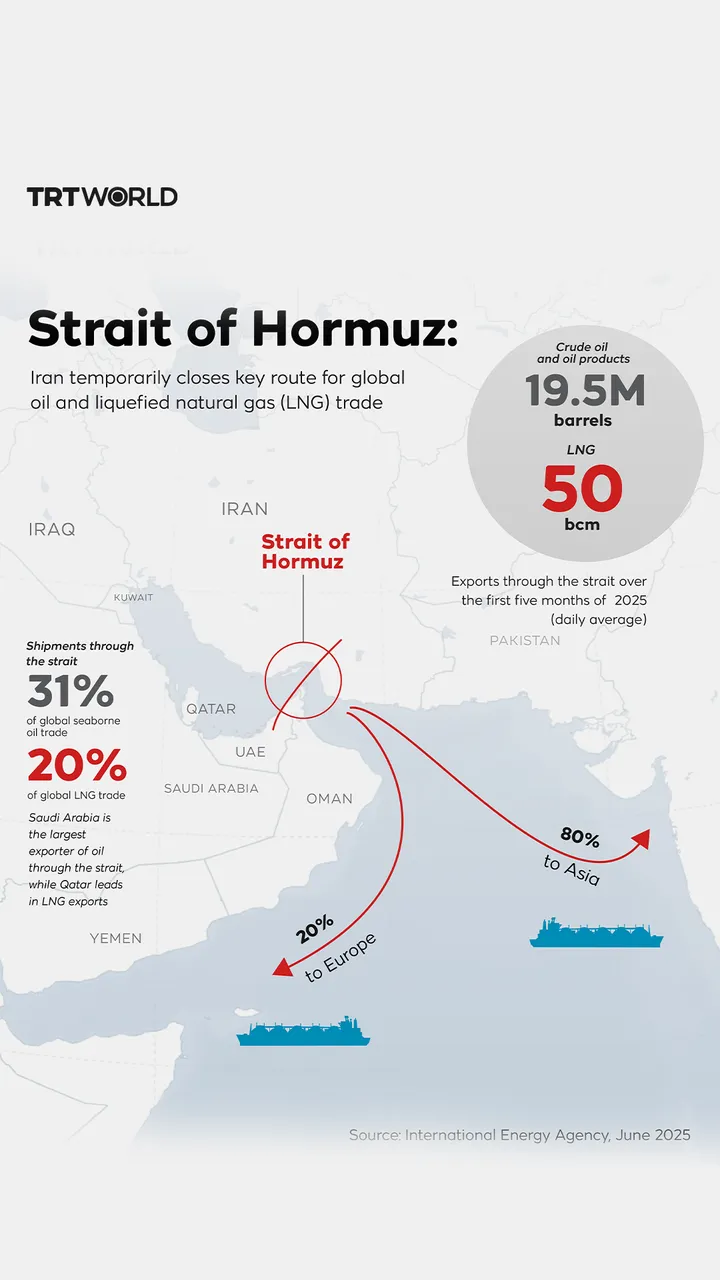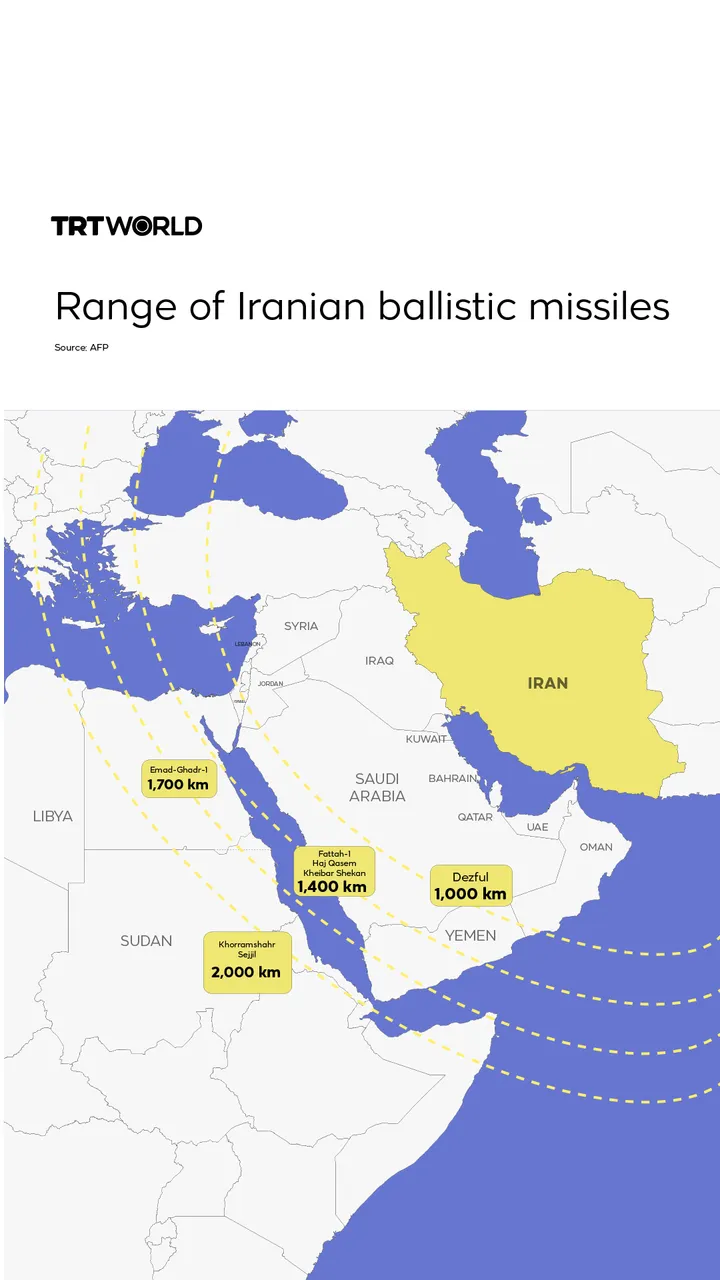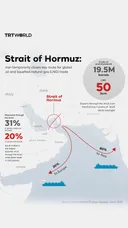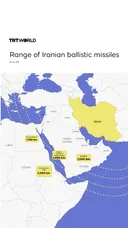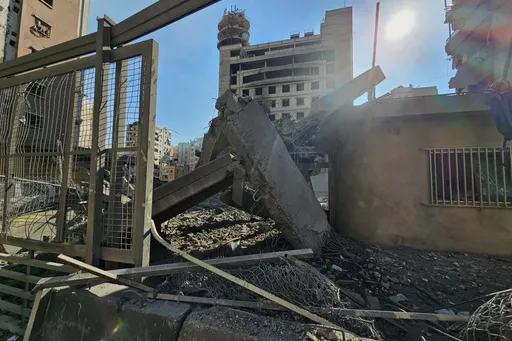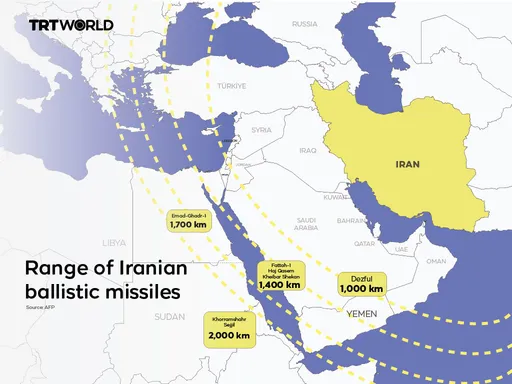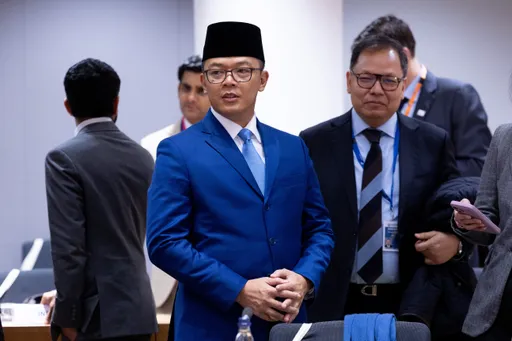During the last four years, the Trump administration has used its maximum pressure campaign against Iran to arm-twist the Islamic Republic to submit to the demands of both Washington and its ally Israel, which are mainly to push Tehran to withdraw from Syria and abandon its support for Shia proxies across the Middle East.
Washington’s heavy sanctions have had a crippling effect on the Iranian economy, while the country also lost some of its top operators like Quds Force leader, Qassem Soleimani, and the leading nuclear scientist, Mohsen Fakhrizadeh, in high-profile assassinations.
Despite all the pressure coming from the Trump administration, there was no regime change and any signs which suggest that the Shia-majority country could downsize its military operations across the Middle East.
“As history and the experience of other countries like Iraq and Syria showed us economic pressure on countries cannot [necessarily] blow them down,” said Fatima A. Karimkhan, a Tehran-based senior reporter at Iranian Student News Agency (IRNA), a state-funded media outlet.
Despite a terrible civil war, Syria’s Assad regime, which has been sanctioned for decades, continues to rule the country with an iron fist, thanks to the external support reinforced by its allies, Iran and Russia.
Former dictator Saddam Hussein, whose regime also faced heavy sanctions, was able to lead Iraq for decades until the US invasion toppled him in 2003.
To initiate a regime change in a country like Iran, the US and its allies need to apply the option of a military engagement, as they did in Iraq, according to Karimkhan. But, she adds, “it’s not possible against Iran.”
Many experts think that given its military strength, a war with Iran would be both dangerous and protracted, especially because the country’s missile capabilities have reached a decisive level, which is worrying for both Israel and the US.
According to a US Defense Department report, Iran missile forces are the largest in the Middle East. The Centre for Strategic and International Studies, an American think-tank, estimates that Iran has thousands of missiles, more than a dozen different types.
Another way to blow down Iran, she says, is to exploit widespread public dissatisfaction and foment an armed rebellion against the state, as happened in Syria.
But that's not possible either, according to Karimkhan.
“The national unity is still strong in Iran and people are not willing to kill each other because of political disagreement or economical pressure,” she tells TRT World.
Did Trump's 'maximum pressure' achieve anything?
The maximum pressure campaign coupled with the US withdrawal from the landmark nuclear agreement, which is called Joint Comprehensive Plan of Action (JCPOA), has had a massive impact on Iran's economy, as the country still grapples with skyrocketing inflation.
The global pandemic has added to the country's economic woes. Since March, Iran has recorded one million confirmed cases and nearly 50,000 fatalities.
While ordinary Iranians are facing the brunt of both US policymaking and coronavirus, Karimkhan says the Iranian government is yet to be seen inching towards the edge of the precipice.
“It doesn’t mean that the government wasn’t affected by the strategy of maximum pressure, but this effect was not so big and recognisable to lead the country to a breakdown,” the Iranian analyst views.
“It did not and will not break down a political system like Iran”.
Ali Asghar Soltanieh, Iran’s former top diplomat to the The International Atomic Energy Agency (IAEA), believes that the maximum pressure has benefited Iran more than damaging or breaking up its will to resist the US and its allies.
“Of course, there have been damages to many people including patients struggling to have medicine, which is in fact a violation of human rights by the US. Of course there is damage to our economy. At the same time, the advantage of this maximum pressure was pushing the Iranian industry and economy to self-sufficiency,” Soltanieh, who was instrumental in mediating talks between Iran, the US and other countries, tells TRT World.
“There are many reports of inventions and new small and medium-size enterprises that have grown up during the maximum pressure. Iran is even exporting many of these science-based knowledge and industrial products to the other side of the world,” Soltanieh says.
Matthew Bryza, a former top US diplomat and a senior fellow at the Atlantic Council, also thinks that the maximum pressure has not achieved its desired effects on Iran, but has angered Trump and his Secretary of State, Mike Pompeo.
“In regards to Iran, the Trump administration has been tough all the time. Maybe Trump is frustrated that his policy of maximum pressure failed,” Bryza, the US ambassador to Azerbaijan during the Obama administration, tells TRT World, referring to a recent report that said the outgoing president was weighing up the option of striking Iran's nuclear facility.
One of the most stated purposes of the maximum pressure campaign is to force Iran to the negotiation table in order to sign a new nuclear agreement with tougher restrictions on the country’s uranium enrichment program.
With less than two months left for the Trump administration in the White House, there are no chances whatsoever to persuade Iran to accept such a deal, according to experts across the board.
Iran’s Biden hopes
In previous interviews, Karimkhan noted that most Iranians on the streets of the capital are visibly happy about Biden’s election.
“People are really hopeful about the chance which will come after the Trump era,” she says.
But Soltanieh, the former top nuclear official of Iran, is not so optimistic about the incoming administration.
“Look, the matter is choosing between bad and worse,” Soltanieh reflects, referring to the outgoing Republican and incoming Democrat administrations.
But he still welcomes the news of Trump's exit from the presidency on January 20.
“It’s good news that Trump is disappearing [from the political scene for some time]. This is good news,” he says.
“At the same time, we have to bear in mind the historical position of the Democrats [toward Iran]. The worst sanctions were applied to Iran during the Obama administration. The worst UN Security Council resolutions against Iran were adopted under the Obama administration,” Soltanieh says.
“We are not naive. We have to remain careful,” he concludes.



